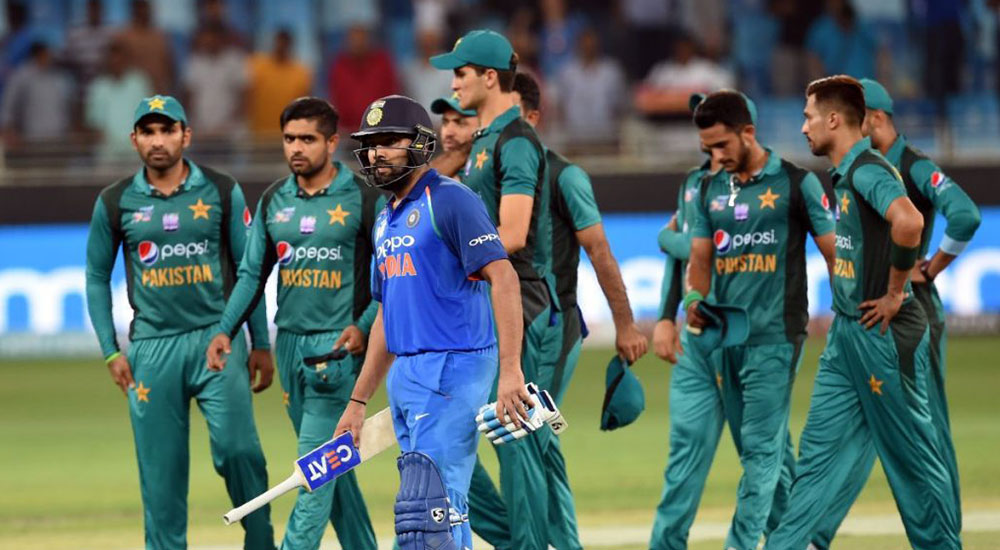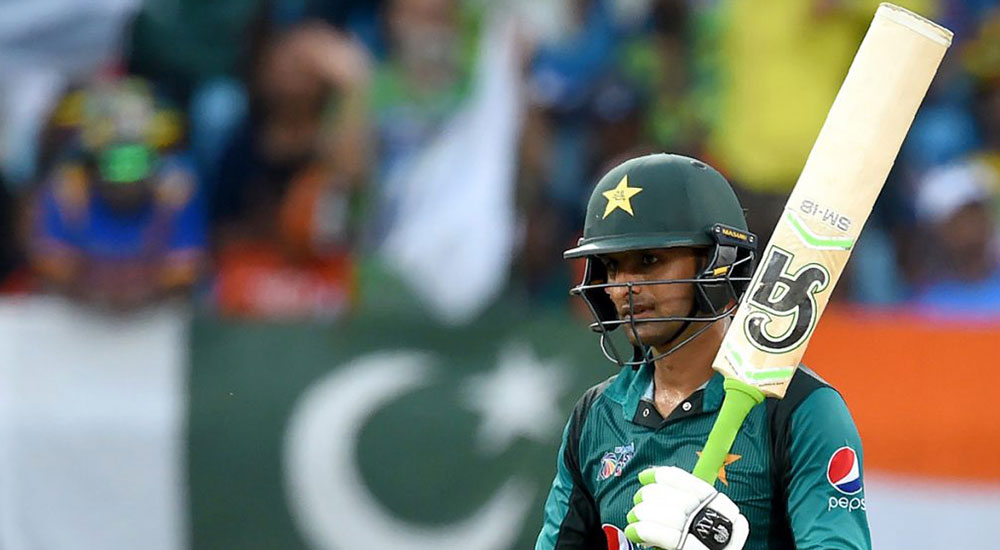THE STORY OF LAHORE QALANDARS AND THE RANA BROTHERS
- 13 Apr - 19 Apr, 2024
How the mighty have fallen. They entered the Asia Cup as favourites with a string of victories over West Indies, a World XI, Zimbabwe and Australia. With Kohli out of the side India didn’t seem the threat it normally is for Pakistan in international tournaments and when Tamim broke a finger on the opening day, it seemed that Pakistan would be facing less formidable neighbours.

But all of it proved false. India without Virat seemed even stronger and Bangladesh without not just Tamim but Shakibul Hasan, when Pakistan faced off with Bangladesh in a virtual semifinal, overcame Pakistan quite easily in the end. And were it not for a dropped catch of Shoaib Malik and a weak last over Afghanistan would in all likelihood beaten Pakistan too. In the end they managed a win over Hong Kong and avoided a near loss to Afghanistan. Otherwise they would have gone without a win in the Super 4.
So what went wrong? To be honest no one really knows. Perhaps the managers’ report will showcase some of the flaws that are not visible to the naked eye. But what could be seen was a clear absence of focus on a strategy, if there was one. The Pakistanis seemed to be all over the place, dipped shoulders at the very slightest of challenges.

However, based on what the eyes could see and the ears could hear and the mind could decipher the problem stemmed right from the time of selection. Five pace bowlers were a luxury and clearly there was need for a specialist spinner like Yasir Shah or Bilal Asif. On top of that there were no specialist batsmen beyond 4, with three of them openers.
There was clearly a lack of leadership also from the coach and captain. When you can’t agree on a winning combination and chop and change after every game, the signal goes out to the players that the top men have no clear strategy.
On top of that the man who is supposed to maintain his cool on the field was the one who appeared most panicky. Such was the consternation displayed by skipper Sarfraz that even the commentators were critical of his lack of respect for the players. That must have affected team spirit and self-confidence of every player, especially the youngsters.
Then there was the lack of specialist batsmen in the playing eleven. From No.4 Pakistan were sending in allrounders with another specialist batsman slotted in at 6 who sometimes went at No. 7. Thus there was no clear batting order and aside from the first three batsmen no one was sure of their place.

When selecting the bowlers the team think tank didn’t have the guts to drop Hasan Ali when he was clearly being ineffective in the conditions. Faheem Ashraf is faster than Ali but was dropped when he could add more power to the batting.
The openers were a mystery especially Fakhar Zaman. The man just couldn’t put bat to ball and when he did, it was with extreme pensiveness. He was a far, far cry from the batsman who had shredded the bowling attacks of Zimbabwe and Australia in the tri series in Zimbabwe. Perhaps he sunk under the weight of his own and the world’s expectations. Or perhaps he had been figured out by the team analysts and coaches. Another simple explanation can be that he just wasn’t given the width to play his shots.
Though the bowlers left much to be desired, one observation is valid and that is that the batsmen never gave them the required total to exert pressure. The Indians won by 8 and then 9 wickets against them, and the time they batted second against Bangladesh, even a target of 230-odd seemed well beyond their means. In fact, in that game against Bangladesh they erred by first not selecting Faheem Ashraf and Haris Sohail in place of Hasan Ali and Nawaz thereby strengthening the batting order and then after Junaid Khan and Shaheen Afridi had brought Bangladesh to
12-3 did not exert pressure by putting in fielders in catching positions and going for the kill. That resulted in a huge partnership that eventually took Bangladesh to a total that Pakistan fell short of.

The only bright aspect of the Pakistani performance was the batting of Shoaib Malik. However, his lack of efficacy when bowling cost Pakistan dearly as they then had to play an extra bowler or allrounder. Pakistan erred therefore in not playing enough specialist batsmen, especially when Sarfraz seemed totally out of sorts. I feel it was the coach’s job to sort it out, but the way he publicly admitted that his team lacked confidence showed an immaturity that must have blindsided him to the fact that he was relying too much on bowlers who could bat and leave it to them to chase or build an innings.
It was flabbergasting the way Pakistan’s fielding deteriorated under pressure. Against Hong Kong, the fielders seemed full of energy and effervescence; but that changed dramatically in the next few games as they dropped sitters. It was clear they were getting mentally weak by every match and were not anticipating the ball coming to them. Some of the attempts were one handed or hands not glued together. Basic mistakes really. Schoolboy stuff.
There is now great pressure on Sarfraz to hold on to his place. There are other wicketkeepers as good as him and the only aspect that has given him the edge is his leadership, a thinking brain, and batting. All that was under question in the last four games of the Asia Cup. He has been given a reprieve of sorts by the selectors in that he remains captain in the Test series against Australia that starts Friday October 5.
But Inzamam and Co. have included an extra wicketkeeper in the 17-man squad giving a clear message to Sarfraz that he is secure only for the first Test match. He will be monitored closely on his leadership and batting as well as wicketkeeping. It is the toughest test that Sarfraz has had to give. But he has strong character and there is every reason to believe that he will come through as a better leader and batsman, and be able to hold his place as captain and wicketkeeper. Test cricket allows you time to recover and perhaps it is a good thing that the coming contest is a five-day affair. •
COMMENTS